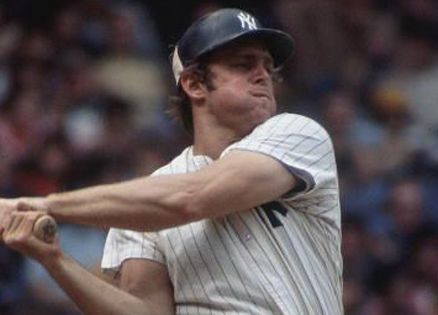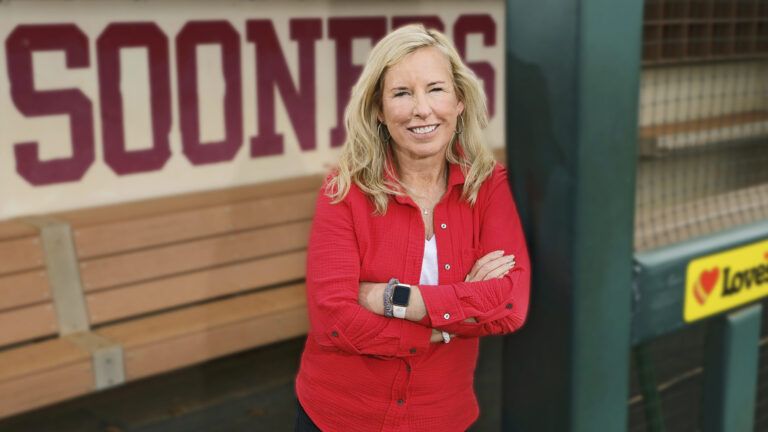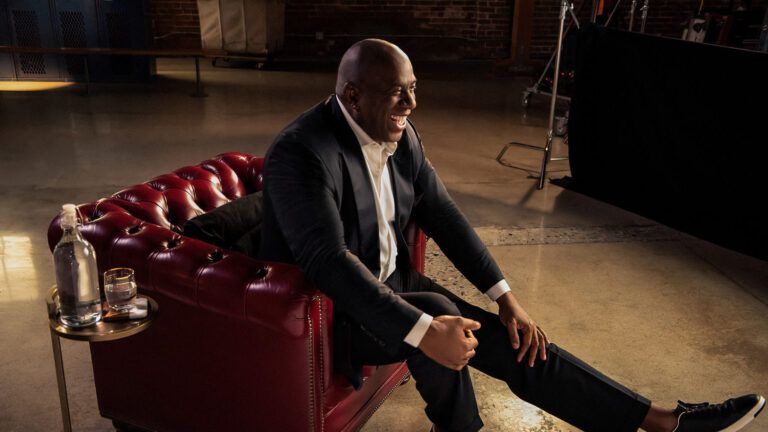Growing up in Atlanta, Georgia, I always thought of baseball as a way of life. I couldn't get enough of it. But along with the hitting and fielding I developed a growing irritation for anything that didn't work out for me. I got bugged by things that took time.
Without my seeing it, this impatience began to carry over into various parts of my life. I remember once standing in line in the high school batting cage. I was anxious to take some extra cuts and annoyed that others were taking too many. I rudely pushed my way ahead of a couple of players.
I heard the coach holler out to me, "Hey, Ron, patience is a virtue." I laughed and said sure, but I couldn't make it to the big leagues by just standing around. Guys who wait I figured, just didn't go anywhere.
I felt my not waiting had paid off when, in my senior year at high school, after a good season, the New York Yankees signed me to a major league contract. It all seemed fantastic. The Yankees signed me for a nice bonus, and some New York newspapers were beginning to call me the "Jewish Babe Ruth."
That summer the Yankees sent me to their rookie league in Tennessee. I did pretty well there and felt I would sail right into the big leagues in the next year, 1968. Well, the next year the Yankees decided they wanted me to have a bit more training, and sent me to the Carolina League.
After two more years in the minor leagues, I really felt discouragement getting to me and because of it, I pushed extra hard. I was so anxious to be called up that I began to try for a home run every time I got up to bat that year. Sometimes it worked, but most of the time it didn't.
The spring of 1971 was chilly and brisk in Fort Lauderdale, Florida, where the Yankees hold their training camp. I was invited to camp that year and knew it was to be my big chance.
The fall before, I had got married, and I brought my wife Mara down to Florida with me. I told her this year was it for me and I had to do it now, or else.
Right away, problems began. I hurt my back chasing a fly ball on the first day of practice. Then the Yankees said they wanted me to be an outfielder, not a first baseman like I'd always been.
I worked hard but couldn't seem to do anything right. I was too eager. I charged in too fast on ground balls and lunged and missed pitches while straining for home runs. In my anxiety to do good quickly, I fell flat on my face. I was one of the first players cut—it was to be back to the minors again.
I told Mara that's it. We'd go home instead, back to Atlanta. I would finish up my degree in physical education.
Back home, I moped for several days. One evening Mara and I went to temple and as we were coming out, I ran into my old friend and rabbi, Harry Epstein. I told him I had been dropped again by the Yankees but that it was just as well, for I was tired of hanging on.
Rabbi Epstein then asked me what it was deep in my heart that I really wanted to be. I answered with the first thing that came to me—a professional ballplayer.
"Well, he said, "it seems to me what you need most is to unhurry yourself. If you sincerely want something, learn to wait for God to put it in place. It doesn't matter if it's baseball or anything else in life. You must have this perspective."
I told him I had waited enough—three and a half years. I couldn't do it anymore.
"You must, though," he said, "for there are reasons why God makes you wait. He will help you get there when the time comes."
Two days later I was home waiting for Mara. We were going to the movies and she was slow in dressing. "Hey, c'mon," I yelled, "we'll be late." Mara came out of the bedroom, still not ready, and gave me a cross look. "Can't you wait for anything?" she asked angrily.
I looked at her, surprised. "I'm sorry," I said after a moment, and with that, I suddenly realized how far my "hurry-upness" had taken me. I had turned into a nervous whiner who couldn't stand for the slightest interruptions in life.
"We're not going to the movies," I said quickly. Then I reached for the telephone. After some dialing, I managed to get hold of a Yankee official in New York. I asked him if it was too late for me to report to the minors. No, he said, and the Yankees were wondering why I wasn't there.
When Mara and I got to the minor league team in Syracuse, I remembered to do one thing. That was to unhurry myself. To relax and not press so hard. I even learned to play the outfield.
I began hitting consistently, and things went very well. My team was winning, and I was enjoying it. Then on June 25, the call came. The Yankees wanted me up in the majors. They felt I was finally ready, and so did I.
It was a great year for me in 1971. I hit .322 as a major-leaguer and had seven home runs. Probably the most memorable event of that year came in September.
We were playing Cleveland at home and the game was on the eve of Rosh Hashanah, the Jewish high holiday. This meant that to observe the tenets of my Orthodox faith I would have to end my work before sundown, the beginning of the holy day. Since I had already explained this to the New York Yankee officials and players, they understood that I might have to leave the ballpark before the game was over.
The score was tied and it looked like the game was going into extra innings. We had runners on first and third bases, and I was up. Huge shadows now blanketed the outfield of Yankee Stadium as darkness approached. I might not get a chance to bat.
I went to the plate with one eye on Steve Dunning, the Cleveland pitcher, and the other on the skyline. I was nervous and eager, but my confidence in the God who had helped bring me to the majors was now so deep that I would stop my bat in the middle of my swing and walk off the field if the sun began to set.
I looked out at Dunning and was ready to swing at the first pitch to push things. Then I caught myself. Even though the sun was now only partially visible, I knew I had to wait for the pitch I liked.
I watched two pitches go by, then came a high fast ball. I swung and hit it on a line to right field to send home the winning run.
With that swing, I took another big step in learning the value of patience. More important, I learned that when you trust God in all things and are faithful to Him, He gives you strength and power in every area of life.






